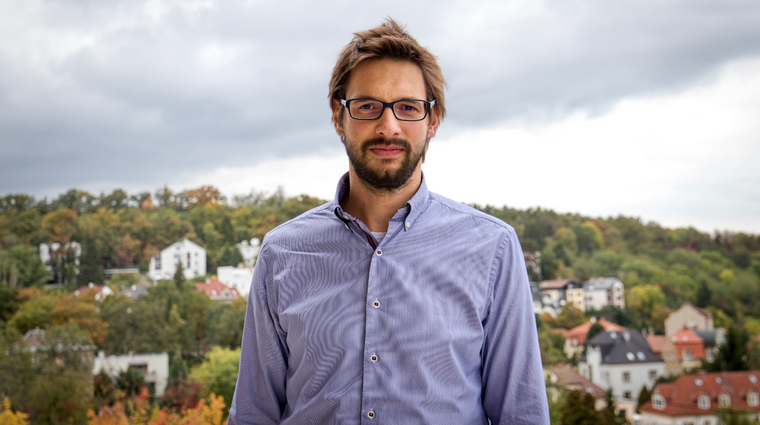Science at FSV UK: Historian Ondřej Žíla on the challenges of field research and the post-war Balkans

Science at FSV UK: Historian Ondřej Žíla on the challenges of field research and the post-war Balkans
Associate Professor Ondřej Žíla from the Institute of International Studies at FSV UK has long focused on the modern history of Southeast Europe, particularly Bosnia and Herzegovina. His research explores how local societies deal with the consequences of the 1990s war and how these experiences shape contemporary identity, collective memory and political life in the region. “I try to understand what it means to live in a country where, even thirty years after the war, people still describe it as a ‘post-war’ society,” says the historian and Balkan specialist, who recently completed his habilitation.
Before joining the Faculty of Social Sciences almost ten years ago, he worked as a lecturer at the Faculty of Arts, where he taught South Slavic and Balkan studies, and also as a high school teacher. “I enjoyed the contrast — working with different types of students. But over time I realised I wanted to focus more deeply on teaching and research,” he explains. Today, he works at the Institute of International Studies at FSV UK as both lecturer and researcher, and appreciates the environment that supports interdisciplinary development of Balkan studies in historical, geographical and political science perspectives. “We are essentially the only institution in the Czech Republic that connects these fields within an interdisciplinary study of the Balkans,” he adds.
As part of his research, he has conducted dozens of in-depth interviews, trying to understand people’s motivations, fears and how they retrospectively interpret the events they lived through. Many of those interviewed now live in peripheral areas, often in much poorer conditions than before the war. “It’s not about relativising the responsibility of nationalist elites who started the war. I am more interested in how ordinary civilians, often labelled as belonging to the ‘aggressor nation’, come to terms with being collectively stigmatised — and how this experience is passed on. What does it do to you when your parents had to leave, were expelled, or even detained and exposed to violence?” he asks.





